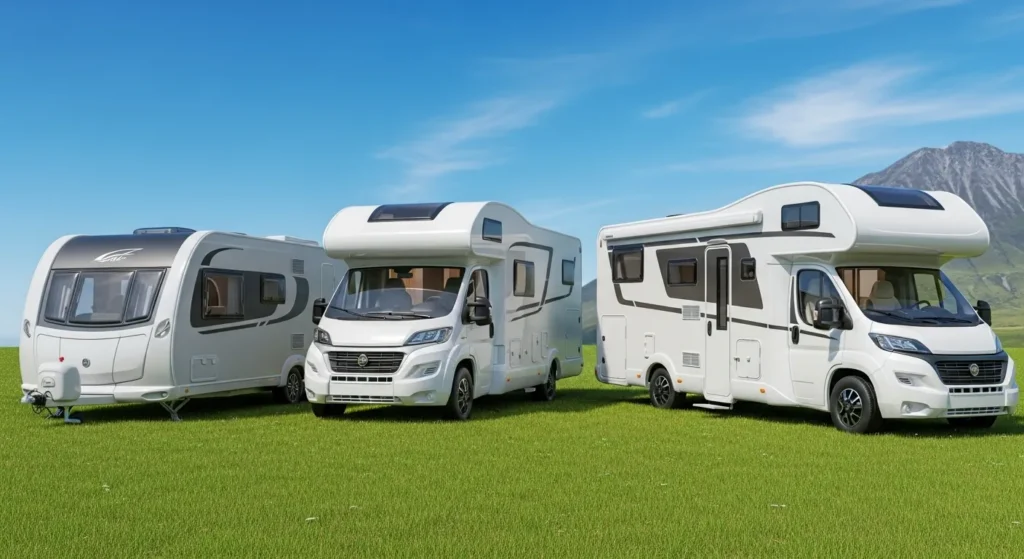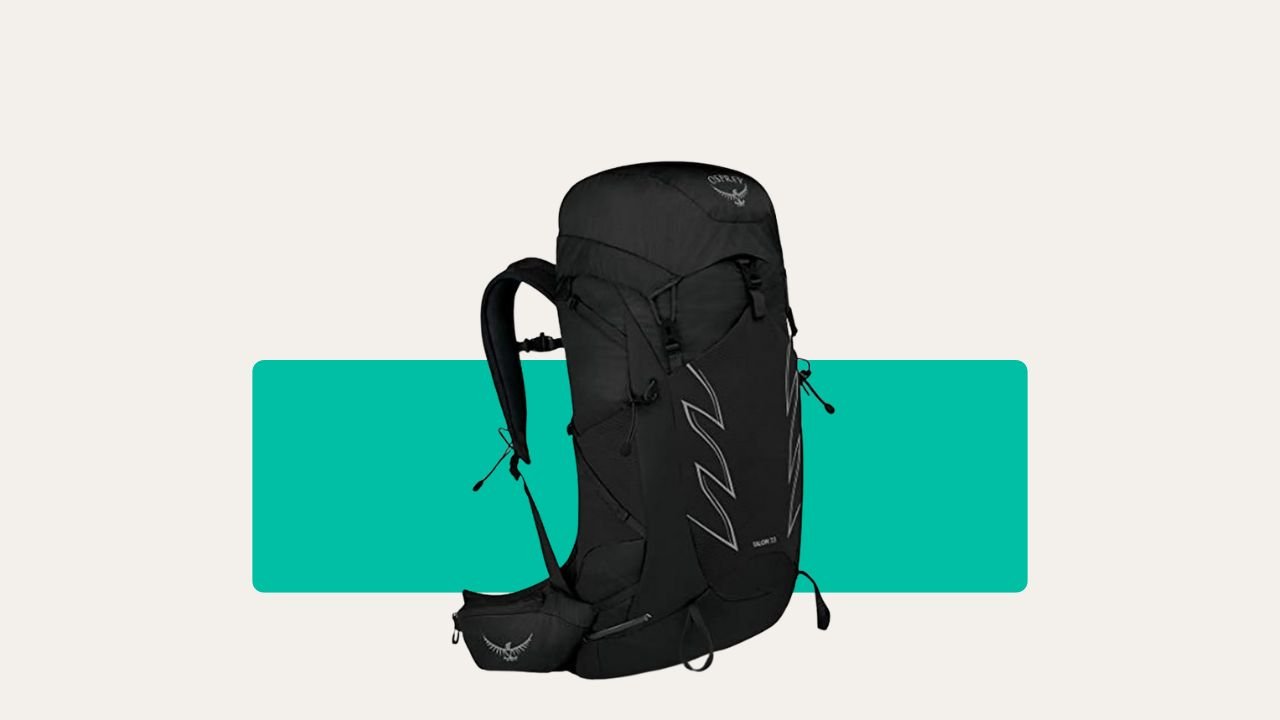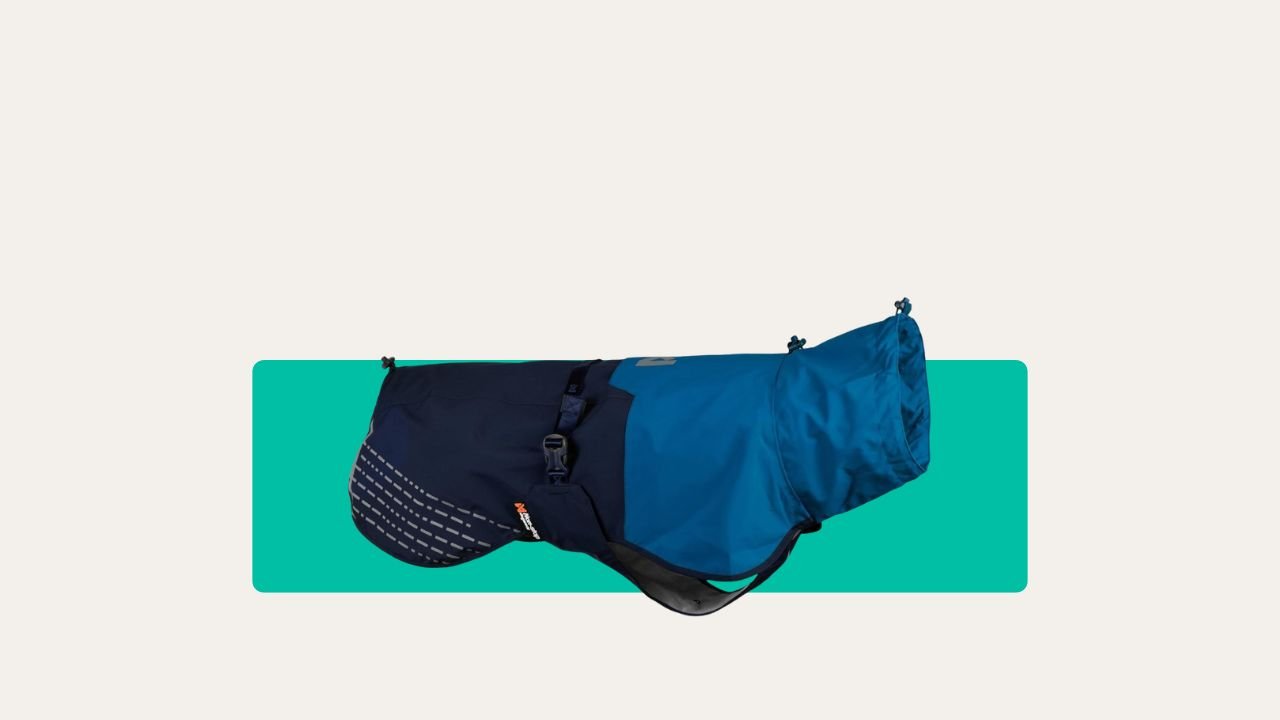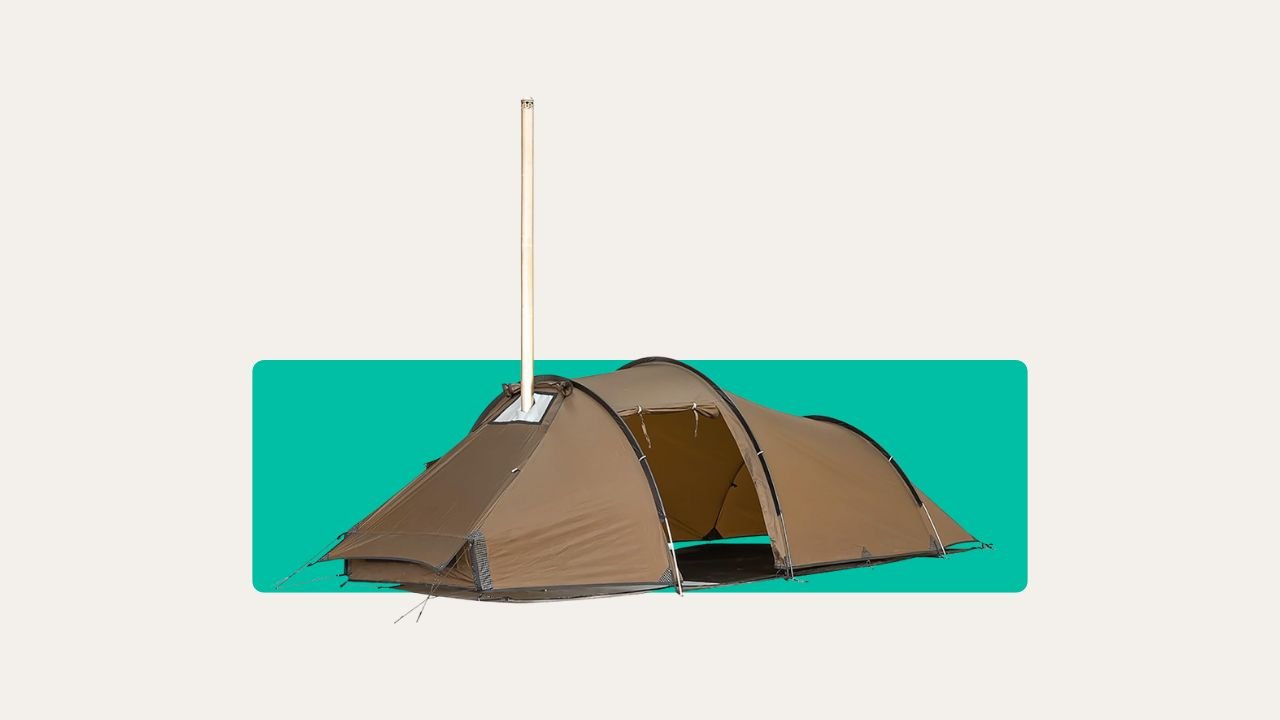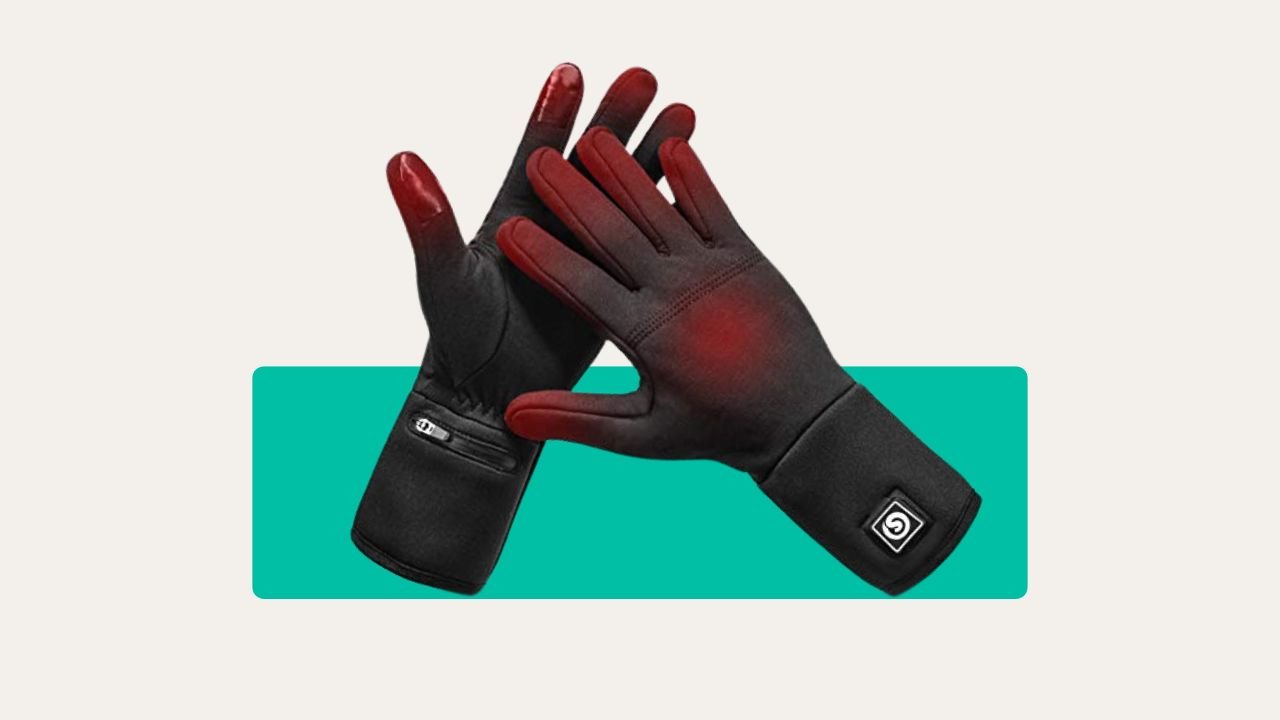Most people think that picking between a caravan, campervan, or motorhome is just about price or size. Not true. The right choice can save you hassle, wet socks, or dodgy nights fighting condensation on a Cornish cliff.
I’ve slept in all three—plus a battered tent at the foot of Ben Nevis—and learned each one’s true character. Let’s make sure you avoid rookie errors and match your gear to your adventures.
Main Differences: Cut Through the Hype
Let’s clear up the confusion right away.
- A caravan is towable, not drivable. You’ll need a car to haul it, and once you’re pitched, your car is free for exploring.
- A motorhome is a house with an engine. You drive it from spot to spot, park up, and your living space is ready.
- A campervan is a smaller, more agile vehicle—think converted van. Drive, sleep, cook, and get going fast.
Sounds simple, but these differences matter when you’re on a windswept Welsh headland or trying to park in a crowded Peak District village.
Caravans: Spacious and Stationary
Caravans are tough to beat for comfort and living space per pound spent. Once, during a midges-infested week in the Lakes, our caravan felt like a palace compared to neighbours scrambling out of tents at midnight.
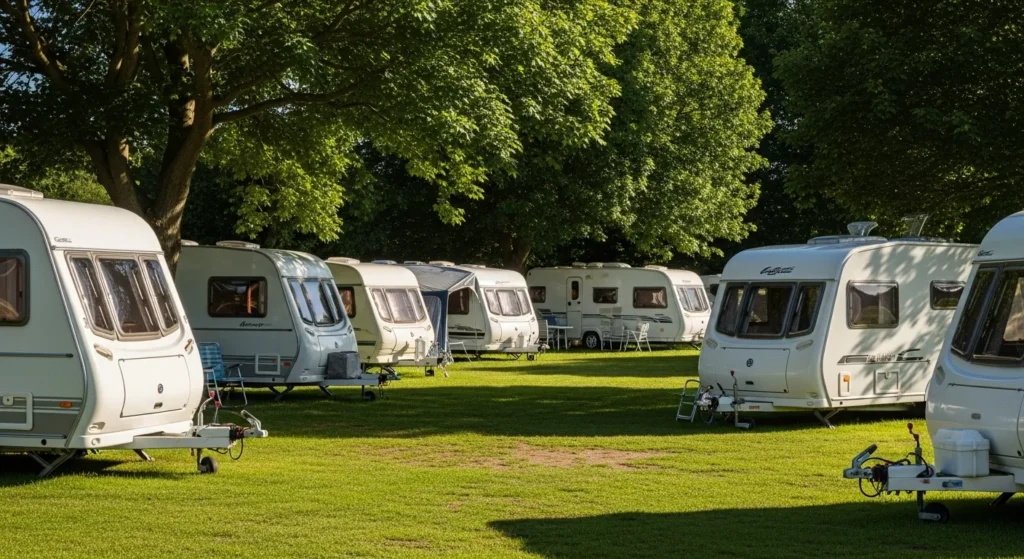
Here’s the deal:
- You’ll get more floor space for your money. No engine means the whole length is yours—beds, kitchen, even a full-size table for wet breakfasts.
- They’re cost-effective. A decent new caravan can start around £20,000, while used bargains aren’t hard to find.
- When you’re set up, your car is free for pub runs, walks, or popping into town.
- Static comfort: As long as you’re happy pitching up for a week (or more), caravans give you a stable base.
But, like my mate Bill learned the hard way reversing into a tight Cotswold site, manoeuvring a caravan takes practice. You’ll want a strong, suitable tow car—think estate or SUV, not a hatchback.
Pros and Cons of Caravans
Let’s get honest about what’s good and what’s a faff.
Caravan Pros
- Biggest living space for the cost—perfect for families or if you’re a pack-it-all camper.
- Your car is free for daily outings—no packing up just to nip to the shop.
- Low running costs. No engine, so less to service and break down.
- You can set up for weeks on end—makes a tidy base if you love exploring one area.
Caravan Cons
- Need a suitable tow car. If you don’t own one, factor that cost in.
- Slow to set up, especially if you like an awning or have ever tried levelling in the rain.
- A pain to manoeuvre, especially if you’ve never reversed a trailer before. Trust me, everyone watches.
- Not great for spontaneous camping—requires a bit more planning and patience.
- Lower speed limits when towing (60mph on motorways).
Motorhomes: Quick Setups, Big Adventures
A motorhome is all about convenience. You drive it, park up, and within five minutes—rain or sun—you’re making tea. On a stormy night in Northumberland, we were parked, kettle whistling, while caravan folk were still fiddling with legs and levels.
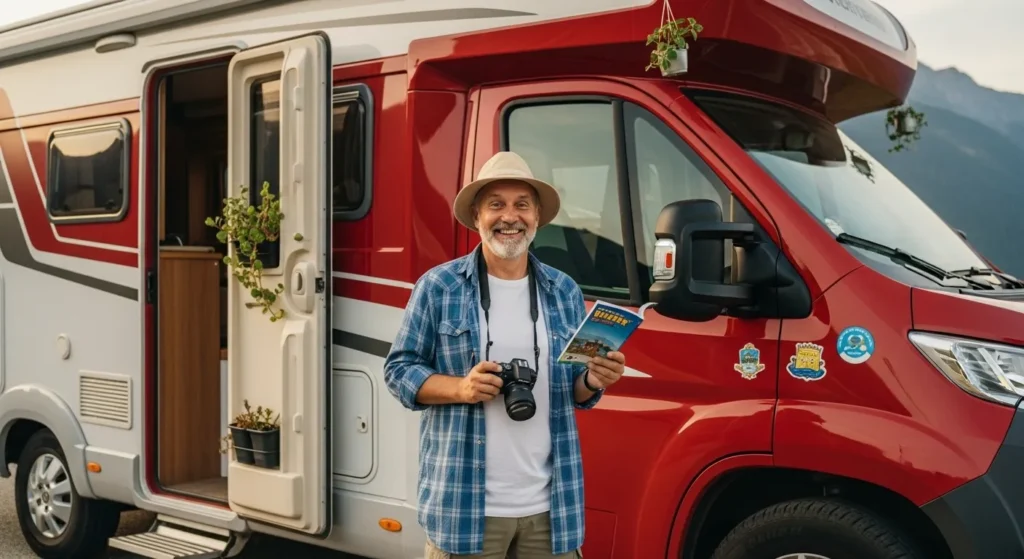
Here's what you need to know:
- Motorhomes combine vehicle and living space—no need for a separate car.
- Quick setups mean more time enjoying your destination.
- Good for touring trips where you want a new view every morning.
- You don’t need advanced towing skills, just nerve on narrow country lanes.
But there’s a catch. If you want to visit a local village, you have to pack up your whole “home” just to drive a mile. Not ideal if you love day trips or last-minute plans.
Pros and Cons of Motorhomes
If you’re serious about adventure and like living light, motorhomes are tempting. But be honest about trade-offs.
Motorhome Pros
- No towing faff. Just drive straight to your camping spot.
- Fast to set up and pack down—ideal for short stays and frequent moves.
- Good living comfort, especially bigger models (A-class, coachbuilt).
- Maneuver better than a caravan, especially in tight campsites.
- Higher speed limits (70mph on motorways).
Motorhome Cons
- Expensive. New models easily hit £65,000-£150,000+, and even second-hand doesn’t come cheap.
- Running costs are higher. You’ll need MOT, insurance, servicing—the works.
- Less flexibility at your destination. Want to visit the pub two miles away? Pack up or bring bikes.
- Storage—motorhomes are tall and long. Not everyone’s driveway fits one.
- A bit less living space than a caravan of similar length (the cab takes up room).
Campervans: Nimble and Spontaneous
If your idea of a good weekend is chasing surf on the Gower, wild camping in Scotland, or heading out on a whim, a campervan might be your spirit vehicle. I’ve taken a VW T5 up icy roads to Glencoe when the Met Office advised against “unnecessary travel”—and been grateful for its agility when the snow closed in.
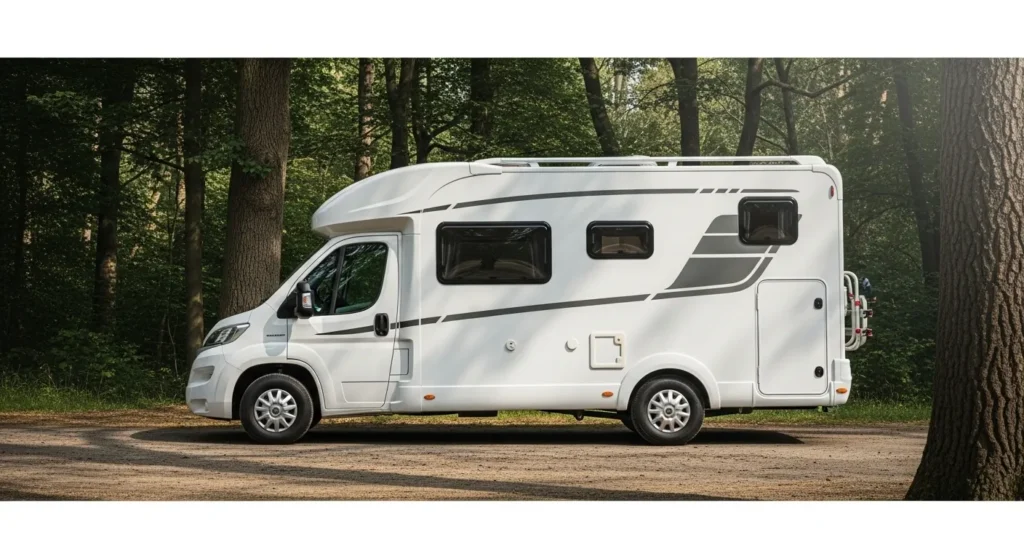
Here’s what stands out:
- They double as your everyday vehicle. Park in the supermarket or multistorey without drawing stares.
- Changing plans is easy—just throw your bag in the back and go.
- More fuel efficient than big motorhomes. Less like driving a bus.
- Perfect for solo trips, couples, or small families who travel light.
- Many have pop-tops, clever storage, and all-in-one layouts—though space can be tight.
One word to the wise: if you’re not into packing and repacking, or you need loads of kit, this can get old fast. But if you want the freedom to roam, nothing beats it.
Pros and Cons of Campervans
Let’s break it down—with no rose-tinted glasses.
Campervan Pros
- Nimble and easy to drive. You won’t break a sweat squeezing down Cornish lanes.
- Use it as a car when you’re not camping—everyday practical.
- Quick to set up. You can arrive late, park up, sleep, and sort breakfast in minutes.
- Perfect for wild camping or less formal sites. Less obvious than a huge motorhome.
- Lower running costs and better fuel economy than most bigger motorhomes.
Campervan Cons
- Space is tight. Not brilliant for wet weather hibernation or big groups.
- High upfront cost. A new VW or Mercedes campervan can cost as much as a small house deposit.
- Constant reconfiguring—converting bed to sofa, moving bags to cook, etc. Organisation is everything.
- Usually fewer facilities inside—think “compact” kitchens and basic loos (if any).
- For longer trips or bad weather, you may need an extra awning for space.
How to Decide: Match Your Choice to Your Camping Style
Here’s where most people trip up: picking what looks cool, not what actually suits their kind of trip. Seen it too many times—newbies buying huge, shiny motorhomes for festivals or occasional weekends, only to get frustrated.
Ask yourself:
- Do you want to settle in one beautiful spot for a week? Go caravan.
- Fancy driving somewhere new every night and hate waiting around? Go motorhome.
- Need a weekend escape pod you can park anywhere? Go campervan.
If your camping dreams involve touring Europe, wild spots in Scotland, or the randomness of British weather, space, budget, and setup time all matter. Don’t ignore the practicalities—storage, maintenance, and actual living comfort on wet days.
And one tip: always try before you buy. Hire a few types for weekends away. I once thought I’d love a giant A-class motorhome—until I tried to swing it round a Dartmoor sheep track.
Conclusion: Make Your Pick, Then Get Out There
There’s no “best” option—just the best for you, your budget, your patience, and your style of adventure.
Caravans are roomy and affordable if you want to stay put and love a separate car.
Motorhomes win for quick setups and roaming freedom—provided you can handle the size and cost.
Campervans suit the impulsive, the explorers, those who value flexibility and don’t mind tight quarters.
Whatever you pick, remember: the weather is rarely perfect, the midges bite, and you’ll forget pegs at least once. That’s camping life—the best stories come from the unexpected. Find your fit, pack well, and get out there. If you want more practical tips, gear reviews, or campsite guides, check out our other posts—there’s plenty more where this came from.

